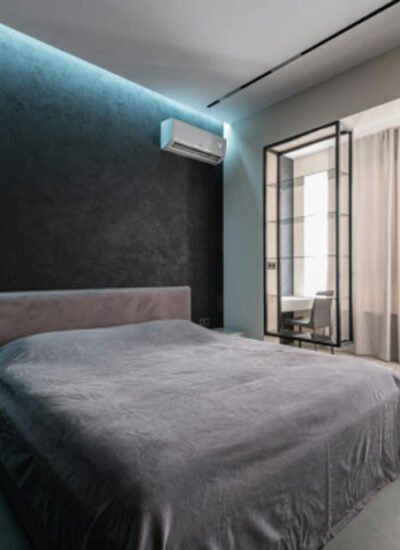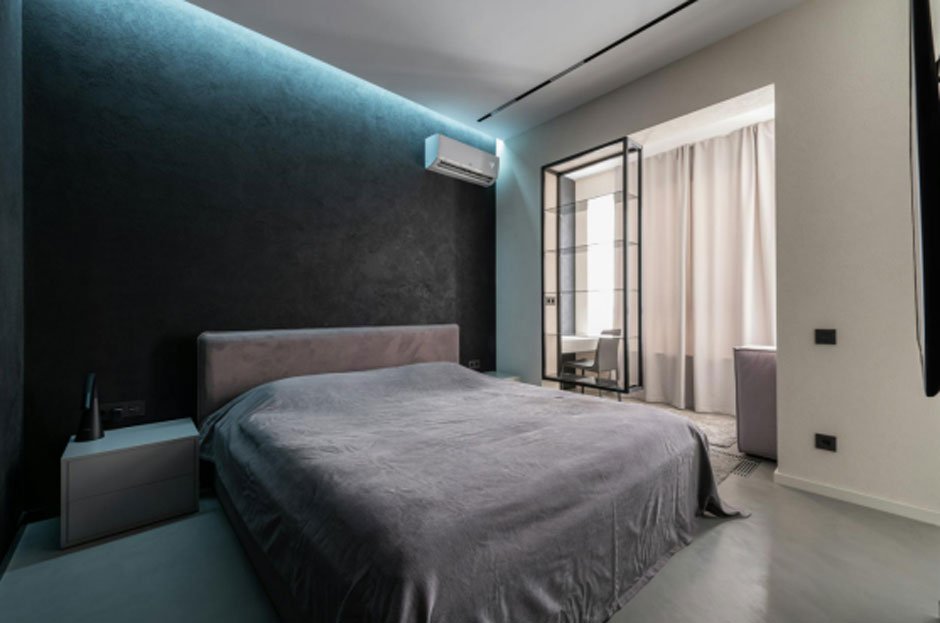As temperatures climb and the sun blazes down during the summer, staying indoors doesn’t always mean escaping the heat—especially in places like Riverside, CA, where summers are dry, hot, and relentless. While the city’s clear skies and warm days can be a draw, the heat can become unbearable without the right home setup. Keeping your living space cool isn’t just about comfort—it’s about maintaining energy efficiency, reducing utility costs, and making sure your home feels like a refuge rather than an oven. In regions where temperatures can soar, certain indoor upgrades become less of a luxury and more of a necessity.
This article highlights seven smart and simple changes that can help you beat the heat and enjoy a cooler, more pleasant summer indoors.
Smart Cooling: AC Maintenance
Functioning air conditioning is essential in warm regions. In a dry, hot place like Riverside, CA, where summer temperatures regularly top 90°F and costs of living are about 17% higher than the national average, an inefficient air conditioner can quickly become a costly burden.
Routine maintenance is what keeps your AC unit running efficiently. Filters should be cleaned or replaced regularly, refrigerant levels checked, and the coils inspected for dust and grime. Without these steps, your unit will struggle to cool your home, leading to longer runtimes and higher bills. It’s also important to be proactive about repairs. Common issues like refrigerant leaks, worn fans, or faulty thermostats can be caught early with a yearly service appointment. And if you need repairs, make sure you hire the best AC repair company in Riverside, CA. Look for professionals who specialize in diagnostics and repair—not just replacement—so you’re not pressured into unnecessary upgrades.
Seal It Up: Insulation and Weatherproofing
When it comes to keeping your home cool in summer, insulation might not be the first thing that comes to mind. Yet, it’s one of the most effective ways to maintain indoor comfort without pushing your energy bills through the roof. Proper insulation slows the transfer of heat into your home, especially through the attic, walls, and windows. During a heatwave, this can make the difference between a home that’s stifling and one that’s refreshingly cool.
It’s worth checking whether your current insulation meets modern standards. Insulation deteriorates over time, and in older homes, it’s often insufficient. Replacing or reinforcing it can prevent heat from building up indoors.
Weatherproofing is another simple upgrade that works hand-in-hand with insulation. Gaps around windows, under doors, and in ductwork allow hot air to seep in and cool air to escape. Applying fresh caulking, installing door sweeps, and adding weather stripping can plug these leaks and help your home hold onto cooler air longer.
Shade from the Inside: Blackout Curtains and Blinds
Direct sunlight is one of the biggest contributors to indoor heat. If you’ve ever walked into a room with large windows facing the sun, you’ve likely felt the dramatic temperature rise. One of the easiest and most cost-effective ways to block that heat is by installing blackout curtains or reflective blinds.
These window treatments are designed to stop solar heat gain by reflecting or absorbing the sun’s rays before they warm up your interiors. They’re especially effective during peak sun hours—typically between late morning and early afternoon. If blackout curtains feel too heavy for your style, consider thermal or solar shades.
Install Ceiling Fans (or Reverse Existing Ones)
Ceiling fans don’t cool the air—they move it. But that circulation can make a room feel much cooler, especially when the blades are spinning in the right direction. In summer, fans should rotate counterclockwise. This pushes air downward and creates a breeze effect that makes your skin feel cooler, reducing your need for constant air conditioning.
If you already have ceiling fans installed, make sure they’re set correctly for the season. Most models have a small switch near the motor housing to change the direction. If you don’t have fans, consider installing them in key areas like bedrooms and living spaces. They’re energy-efficient, cost-effective, and make a big difference in how the temperature feels.
Upgrade to Smart Thermostats
Managing your home’s temperature during summer doesn’t have to be a manual job. Smart thermostats offer a more efficient way to control cooling, helping you maintain comfort while keeping energy use in check. These devices learn your habits over time, adjusting temperatures based on your routine, preferences, and even the weather outside.
With features like remote access via smartphone apps, you can turn down the AC while you’re at work and have your home cool and ready by the time you return. Some models provide energy usage reports, alert you to potential issues, and even suggest settings to help you save money. The convenience of automation reduces human error, like forgetting to turn the air down at night or off when leaving home. In the long run, a smart thermostat can lead to noticeable savings on your cooling costs while offering a consistently comfortable environment.
Add Indoor Plants That Cool Naturally
Not only do indoor plants add life to your decor, but they can also help cool your home naturally. Certain plants increase humidity and lower air temperature through a process called transpiration. While the effect might be modest, it still contributes to a more breathable and refreshing indoor environment.
Plants like ferns, areca palms, snake plants, and aloe vera are particularly effective at improving air quality and slightly reducing room temperatures. They absorb carbon dioxide and release oxygen, which can make the air feel fresher. Plus, plants tend to reduce the psychological perception of heat. Seeing greenery and natural elements indoors has a calming effect that makes a space feel cooler and more inviting, especially in the midst of scorching summer days.
Reflect the Heat: Use Light-Colored or Reflective Interiors
Your home’s color scheme plays a more important role in temperature control than you might think. Dark colors absorb more heat, while light-colored surfaces reflect it. Making subtle interior changes—like switching out dark curtains, rugs, and couch covers for lighter alternatives—can reduce the heat absorbed into your living spaces.
In addition, applying reflective films to windows helps block solar radiation while still letting in natural light. These films are easy to install and can cut down on glare and UV exposure. If you’re redecorating or updating your space, keeping heat-reflective materials in mind can contribute to a noticeably cooler home environment.
Staying cool during the summer is all about taking a thoughtful approach to how your home handles heat. From ensuring your air conditioner works optimally to integrating smart technology and natural elements, these upgrades can transform your space into a summer sanctuary. Whether you’re making small changes or investing in larger improvements, each step moves you closer to a cooler, more comfortable home. With a bit of planning and attention to detail, you can enjoy the sunny season indoors without sacrificing comfort or energy efficiency.






Leave a Reply